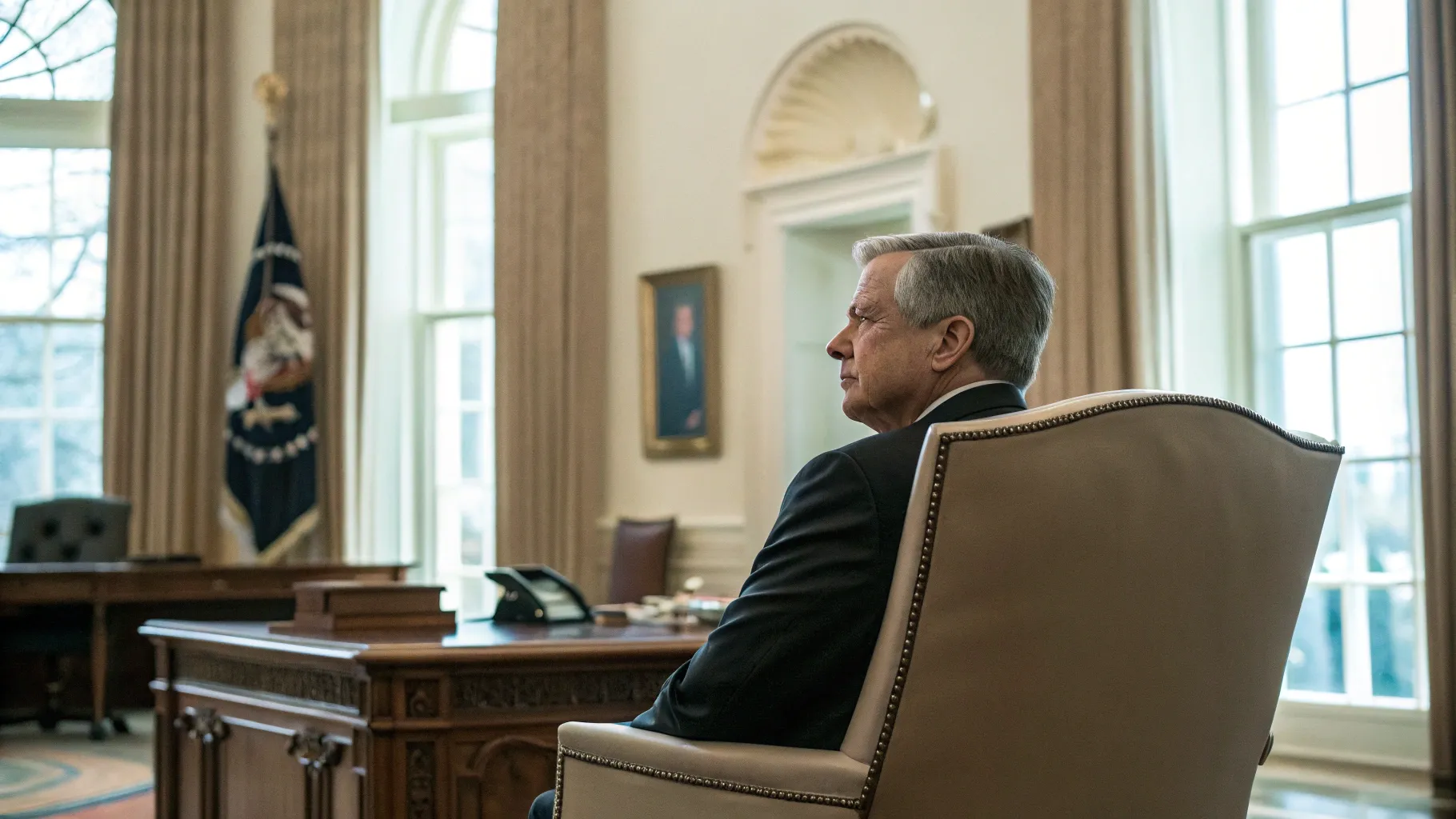A senior House committee chairman has requested an urgent briefing from the White House on a potential
forced TikTok spin-off, a day after former President Donald Trump signed an executive order supporting a proposed deal involving the popular video app. The request adds new pressure as officials weigh how to separate the platform from its Chinese owners and address long-running security concerns.
The committee leader, whose panel endorsed the law calling for divestment, seeks clarity on how the executive order aligns with congressional intent and how the administration plans to enforce any sale. The move signals growing urgency in Washington as lawmakers watch for details on ownership, data controls, and timing.
Background: Years of Scrutiny and Legislative Push
U.S. officials have examined TikTok’s ties to Chinese ownership for years. They argue that the app could expose American user data and algorithmic decisions to foreign authorities for influence or access. TikTok has denied such
risks and says it protects data and content choices.
Congress advanced legislation demanding that the app be
spun off from its Chinese parent or face removal from U.S. app stores—that effort built on earlier actions, including executive
orders and restrictions on government devices. The latest executive order endorsing a proposed deal,
along with the new appeal for a White House briefing, suggests that the next phase is moving quickly.
What the Briefing Could Decide
Lawmakers want specifics on who would own the restructured company, where core technology would be housed, and which safeguards would govern data access. They are also seeking a timeline that matches the law and a clear plan for enforcement if negotiations stall.
- Ownership: Who will hold control and voting power.
- Data: Where U.S. data will be stored and who can access it.
- Algorithm: How content decisions will be insulated from outside influence.
- Compliance: Deadlines and penalties if milestones are missed.
Security Arguments and Free Expression Concerns
Supporters of a divestment say a sale is the safest course. They argue it lowers the risk of foreign access to sensitive data and influence over what Americans see. They also want independent audits and ongoing oversight.
Critics warn that a forced sale or ban could chill speech and disrupt millions of creators and small businesses that rely on the app for reach. Civil liberties groups argue that broad restrictions should be backed by public evidence and narrow remedies. Advertisers and influencers say sudden changes could cut revenue and unsettle
marketing plans.
The Proposed Deal: Open Questions
The executive order’s support for a proposed deal raises key questions that the
White House briefing could answer. A spin-off would need to satisfy both national security officials and market regulators. It would also need to secure technology rights, including the core recommendation algorithm, and prove that U.S. user data stays under U.S. jurisdiction.
Industry attorneys note that any buyer would face complex licensing and governance hurdles. They point to the need for data localization, code reviews, and compliance reporting to reassure regulators.
Investors are watching to see whether the agreement covers long-term control of software updates and security patches.
Economic Stakes for Creators and Advertisers
TikTok has a large U.S. audience, and creators have built businesses on the platform. Marketing firms say even a brief disruption could shift ad budgets to rivals. Some creators have built backup channels, but many fear losing reach if features or recommendations change.
Retail brands that rely on short video promotions may consider diversifying their spending while the deal is being reviewed. App store dynamics could also change if a deadline arrives without a resolution, prompting users to migrate and fragment the audience.
What Comes Next
The requested White House briefing suggests that Congress wants a firm roadmap. Lawmakers are likely to press for enforcement triggers, clear definitions of control, and regular reporting to oversight committees. If the proposed deal is advanced, regulators will review it for security and competition concerns. Court challenges remain possible if parties dispute the law or the timeline.
The latest move shows both urgency and uncertainty. A plan that secures data, defines control, and keeps the service running could calm markets and users. A breakdown could lead to renewed legal
fights and abrupt changes for millions of Americans. Watch for details on ownership, algorithm rights, and deadlines—those will decide whether the spin-off actually works and how
soon it arrives.







